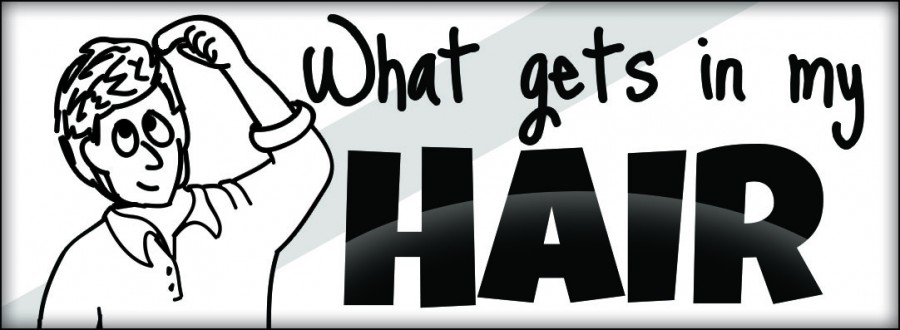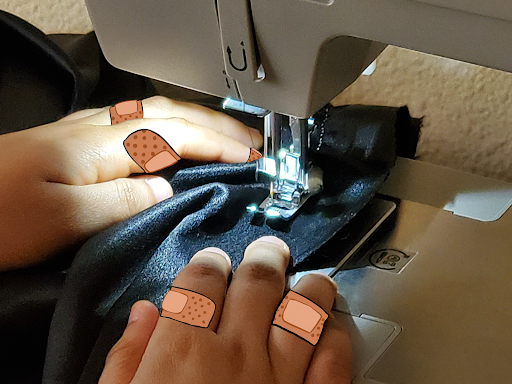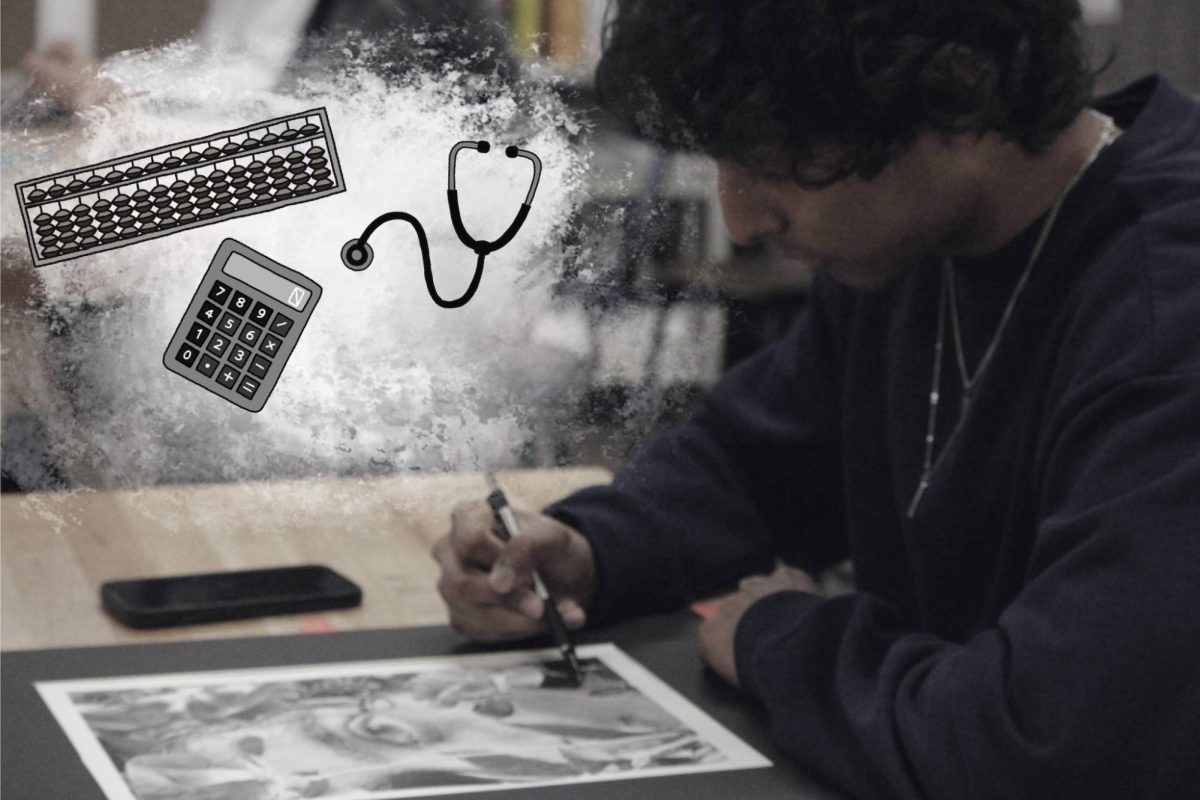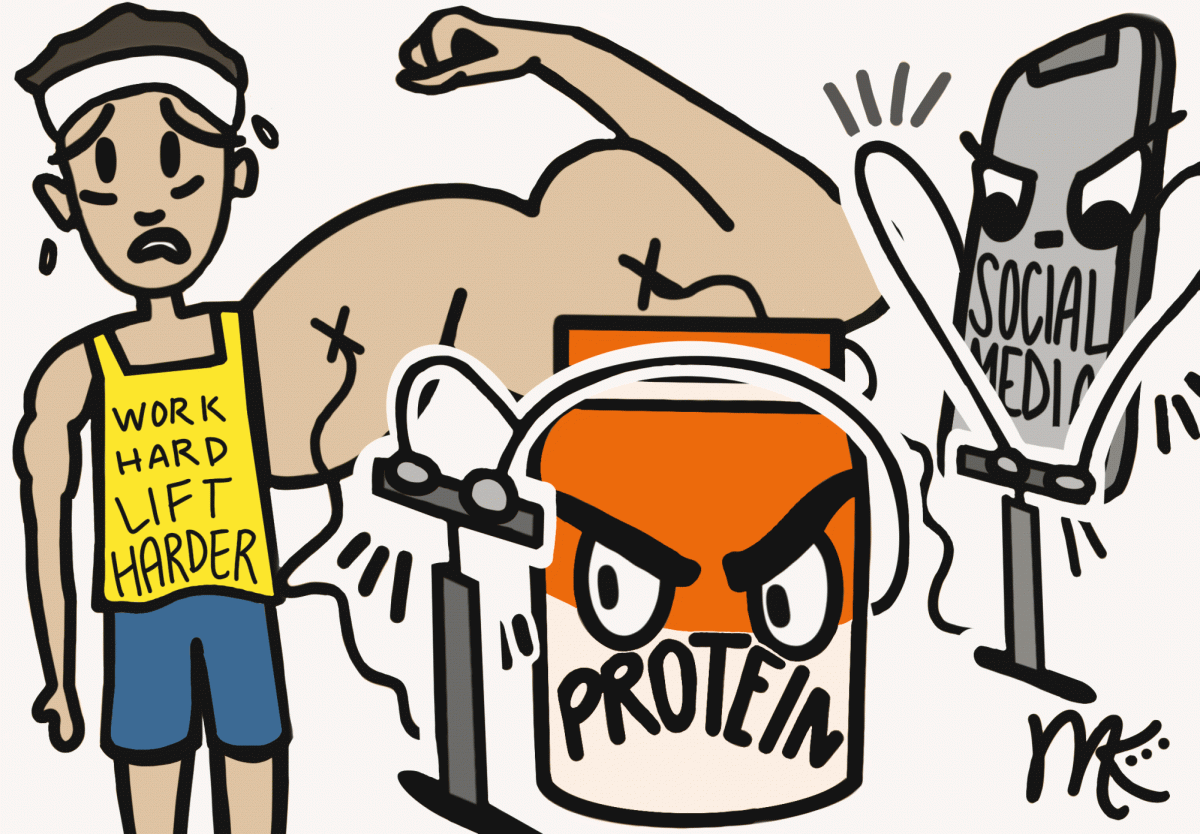 By Thomas Hair
By Thomas Hair
Opinions Editor
What gets in my hair? Irresponsible and reckless behavior when communicating online.
The internet is truly a wonderful place.
You can instantly access a wealth of information that is vaster than all of the written information in the history of mankind combined. You can watch every movie ever filmed and listen to every song ever recorded. You can form communities and interact with real people from across the globe that have the same unique interests and passions as you. Essentially, the entire world is at your fingertips.
As someone who uses the internet for just about all of the activities above on a daily basis, I can testify that it is easy to forget that the internet is basically the new Wild West. It is an open frontier with exciting possibilities but no rules. And where there are no rules…chaos often ensues.
I have several “friends” that I know only know from online interactions. It can be easy to let your guard down, but we must remember that no matter how well we think we know an online acquaintance, in the Wild West that is the internet there is no way of knowing the true intentions and persona of the individual hiding behind the familiar username and avatar.
The recent scandal surrounding celebrated Notre Dame linebacker Manti Te’o is a startling reminder of the need for responsible and cautious behavior when communicating online. Te’o met his girlfriend, Stanford student and leukemia patient Lennay Kekua, online and maintained a relationship with her for many months. In September of 2012, Kekua reportedly died and Te’o expressed his extreme devastation to the media.
In January, a shocking twist in the story was unveiled: Lennay Kekua never actually existed and every detail of her existence was fabricated. Te’o had never actually met her – communicating with “Lennay” only by internet chat and by telephone for several months. Little did he know, man named Ronaiah Tuiasosopo was behind every text, every chat message and every phone call from the supposed love of his life. Te’o was the victim of a cruel internet hoax.
If Te’o, a fellow student, can be deceived and manipulated online, it can easily happen to high school students in a place like Coppell as well.
The ability to connect with anyone in the world is what makes the internet so great. However, this also means that anyone in the world can connect with you – whether you want them to or not. The internet is an amazing tool, but many use it to enter false or even predatory online relationships and steal one’s mobile identity.
Part of growing up and becoming a responsible adult is realizing that the whole world is not your friend. There are people in the world, and people on the internet, that will want to harm you and manipulate you to get what they want.
Don’t be lulled into believing that hoaxes like Te’o’s are rare. It can happen to anyone. The MTV program “Catfish: The TV Show” presents the stories of dozens and dozens of people who have fallen victim to shocking deception on online dating sites and social media.
The best way to avoid ending up like someone on Catfish is not to stop using the internet, but to routinely use safe and cautious practices when doing anything online.
A third of sexual predators take advantage of weak privacy settings on social media sites to find exploitable victims. Lennay Kekua’s photos and personal information were stolen from an unrelated woman’s social media profile. Check your Facebook privacy settings and ensure that only the right people can access your photos and critical information.
A University of Massachusetts study shows that people are three times as likely to lie online and that there are more fake profiles on sites like Facebook than real ones. Never take anything someone hiding behind an online username says for granted, even if you feel like they are as trustworthy as a real-life friend.
The internet is a wonderful place that can enrich and enhance your life in many ways, but reckless and irresponsible behavior while using it can have severe consequences. Whether you’re posting in a forum or chat room or using websites like Facebook and Reddit, always practice caution and use responsible techniques to protect yourself from falling victim to scams and lies like Manti Te’o.















